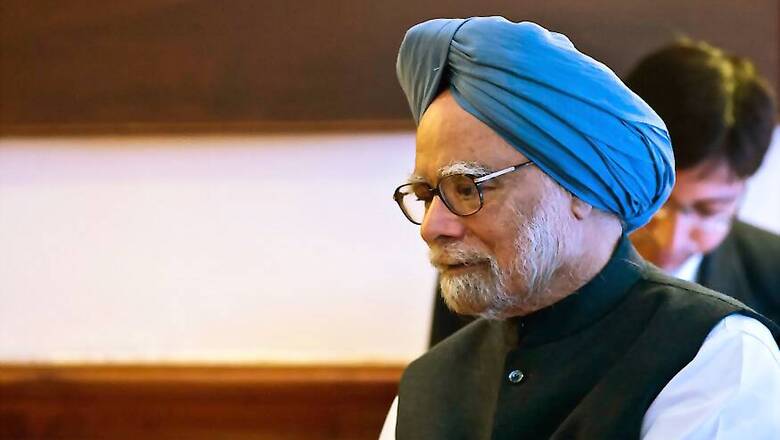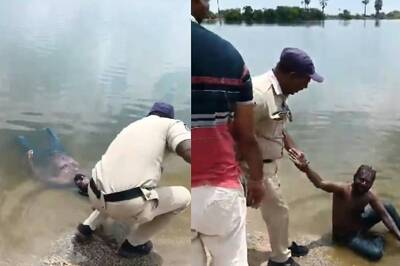
views
Former PM Manmohan Singh has said if PV Narasimha Rao, the then home minister, had heeded the advice of former prime minister IK Gujral, the 1984 anti-Sikh massacre could have been avoided.
Speaking at an event to mark the 100th birth anniversary of Gujral, the former prime minister said: "When the sad event of 1984 took place, Gujral ji on that very sad evening went to the then Home Minister PV Narasimha Rao and said to him that the situation is so grave that it is necessary for the government to call the army at the earliest. If that advice would have been heeded, perhaps the massacre that took place in 1984 could have been avoided.”
Singh, as prime minister, had apologised for the 1984 riots that broke out after the assassination of prime minister Indira Gandhi in 1984 by her Sikh bodyguards. Nearly 3,000 people were killed in the massacre.
"I have no hesitation in apologising to not only the Sikh community but also to the nation. I bow my head in shame that such a thing happened," the Congress leader had said on the floor of the House.
At the event, Singh also spoke as to how his relationship with the former Prime Minister grew post the Emergency period. "He was the minister of Information and Broadcasting and he had problems with some aspects of the management of Emergency and then he was removed to the planning commission as minister of state. I was then an economic adviser with the ministry of finance... Thereafter our relationship grew," he said.
Gujral was the 12th Prime Minister of India between April 1997 and March 1998 and propounded the 'Gujral Doctrine' of five principles for maintaining good relations with India's neighbours.
One of his most prominent stints included his role as the Minister of Information and Broadcasting in June 1975 when then prime minister Indira Gandhi imposed Emergency in the country. He was then made Ambassador to the erstwhile USSR from 1976 to 1980 following his refusal to censor the news bulletins and editorials.
Gujral died due to multiple organ failure on November 30, 2012, aged 92, just four days short of his 93rd birthday.



















Comments
0 comment